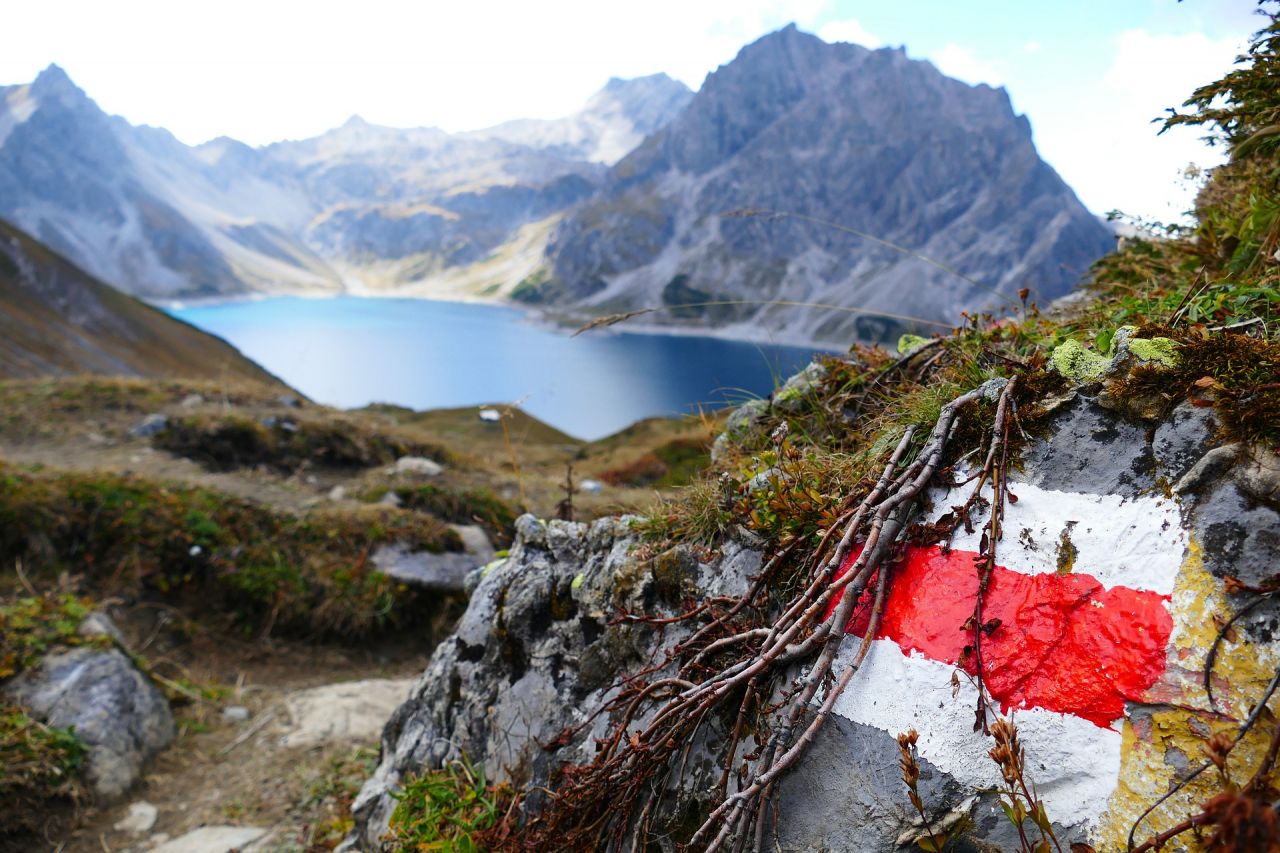Explore Citizen Science Projects
Welcome at Österreich forscht!
Here you can find everything about Citizen Science in Austria. In the future, it should be just as normal to work in a citizen science project as to be a member of an association, e. g. the voluntary fire brigade or a music ensemble. We want people to see science no longer as an elite programme, but as a process that affects all our lives, a process which is an important part of society and is worth understanding. However, the fun and enjoyment of research should not be neglected. We do not understand citizen science as an infotainment concept, but as a collaborative process through which new insights can be gained.
Crows in the Zoo (KraMobil)
- animals
"Crows in the zoo" is a Citizen Science project of the Department for Behavioral and Cognitive Biology of the University of Vienna in cooperation with the Konrad Lorenz Research Center and the Zoo Vienna. The researchers aim to find out more about the species and subspecies of crows that use the…
COwLEARNING
- food
- animals
- land use
Breaking the blame game: COwLEARNING for sustainable beef and dairy supply Our society faces grand challenges, such as mitigating climate change and adapting to its consequences, ensuring a healthy diet and maintaining cultural landscapes with high biodiversity. A sustainable agri-food industry addresses these challenges. In Austria, with its high share…
HealthCheckR
- health
- media
Identifying trustworthy health information on social media In the HealthCheckR project, we are working with citizens to create a simple tool that helps people find trustworthy health information on social media. This will help stop false information and support better health decisions. What are the goals of the project? The…
Mosquito Alert
- health
- animals
Mosquito Alert is a citizen science project that allows tiger mosquitoes and other mosquitoes to be easily reported using a free app. Tiger mosquitoes are always smaller than a 1-cent coin, have a single white line on the back of the head and thoraxand white stripes on the body and legs.…
Tree-Quest
- land use
- plants
The Tree-Quest project aims at developing an Austrian citizen science (CS) data component to bridge the in-situ data gap for more reliable forest mapping with Copernicus satellite data. What are the aims of the project? We’re inviting everyone to join our new citizen science campaign through the free Geo-Quest app.…
In the new HealthCheckR project, the project team is working with citizens to develop a tool for identifying reliable health information on social media. Their aim is to counteract misinformation and support good decisions for people's own health.
Aquirufa
- land use
- water
Biodiversity and ecology of freshwater bacteria The bacterial genus Aquirufa, which was discovered and scientifically described in cooperation with pupils, is the eponym and focus of the research project. The aim is to research the ecology, biodiversity and distribution of Aquirufa in water bodies through the active and creative participation…
ABOL-BioBlitzes
- animals
The lack of sustainability in human activity is leading to the global destabilisation of our natural systems. The resulting biodiversity and climate crises require a transformation to an environmentally sustainable society. However, the expertise in the field of taxonomy required for this transformation is often only shared by a few…
Plastic Pirates
- water
- waste
Plastic Pirates - Go Europe! A Citizen Science Initiative to investigate plastic pollution along rivers The pollution of beaches and riverbanks in Europe with plastic waste does not stop at borders. Preventing micro- and macroplastics in the environment, addressing this challenge scientifically and researching sustainable materials are therefore tasks we…
Bug us with your ticks!
- health
- animals
For our national tick monitoring programme, we invite you to provide us with ticks. Your samples will help us analyse which tick species appear when and where in Austria. Moreover, ticks will also be investigated for the presence of pathogens. What are the aims of the project? The goal of…
Environmental distribution of bisphenol A
- waste
- water
- health
The project “Environmental distribution of bisphenol A” investigates the possible spread of bisphenol A (BPA) in our environment. To this end, citizen scientists collect samples (soil, sludge, water, etc.) and send them to our laboratory, where the BPA concentration in the samples is determined. What are the aims of the…
Researching Discrimination with Citizen Science
- culture
- language
- gender
- living together
Discrimination is often difficult to grasp, both in everyday life and in research. By involving citizen scientists, we aim to broaden knowledge about discrimination. What are the aims of the project? Racist discrimination and stigmatization are difficult to grasp both in everyday life and in research, as they are often…





